Specialities & Services
At O.T. Etc, we specialize in pediatrics occupational therapy. Some common diagnostic categories include: Feeding aversion and oral motor/oral sensitivities; Developmental delays; Sensory integration dysfunction; William's Syndrome, Fragile X, Down's Syndrome, etc; Aspergers Autistic Spectrum Disorders (PDD) Explore below to learn more about our unique offerings, focus areas, & special programs!
Special Programs
Please explore some of our highlighted special programs.
Feeding, Food, and More!
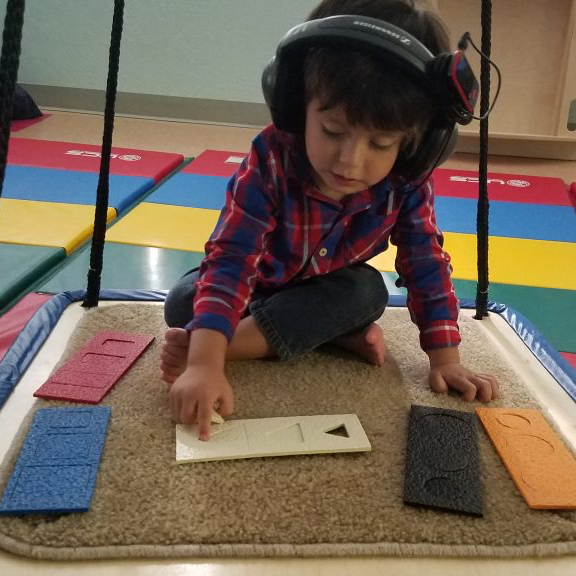
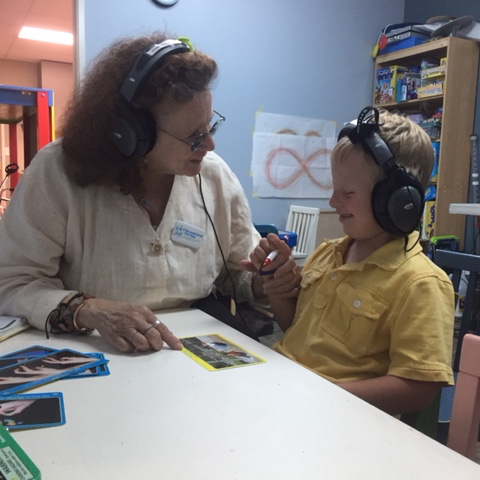
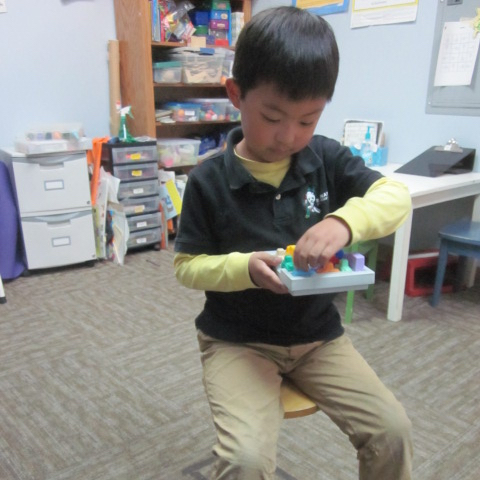
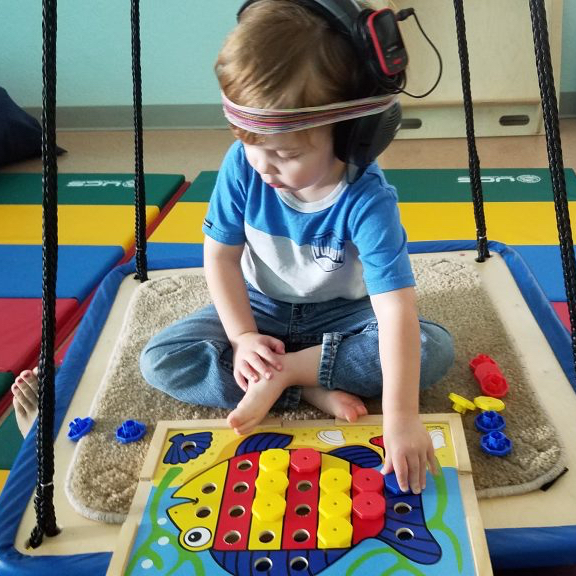
Feeding evaluations and treatment sessions by our trained Occupational Therapists can include:
- Implementation of research based approach (s) can be used including SOS, AEIOU, “Get Permission Approach”, and any combination.
- Oral motor techniques involving Beckman exercises, Z-vibes, nuk brushes, tic tongs
- Goal and objectives are a part of the therapeutic intervention between parent, child and therapist.
- Practice in the clinic, with follow/up suggestions for at home is essential
- Parents bring food from home, sometimes even bringing own cups and plates to ensure success.
- Many tools may be used, including special spoons, forks, plates, and straws.
- Messy play is also encouraged for children who avoid touch and/or have texture issues.
There are also several resources often referred to, including:
Areas of Clinical Specialty
At O.T. Etc, Inc. we known for several highlighted areas of Occupational Therapy expertise. This areas include, but are not limited to: Sensory Integration techniques; Sensory Diets and home programs; ADL (activities of daily living) training such as dressing, self-care, feeding, and utensil use to name a few; Interactive Metronome (IM); Therapeutic Listening; "Handwriting Without Tears;" and, Upper body and fine motor strengthening.
Schedule An Appointment Today!.
We are truly honored to be able to be such a long standing member of the San Diego community; caring for our kids and our families all these many years. If you have any cause of inquiry or concern, please click on the button below.
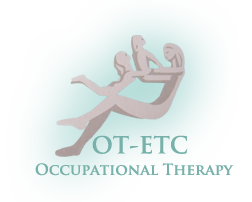
 IM is endorsed by Stanley I. Greenspan, Chairman of the Scientific Advisory Board of Interactive Metronome, Clinical Professor of Psychiatry, Behavioral Sciences and Pediatrics, at George Washington University Medical School, a renowned author, a practicing child psychiatrist, and former director of the National Institute of Mental Health’s Clinical Infant Development Program and Mental Health Study Center. Stanley Greenspan considers IM an important piece of an effective, comprehensive therapy program for children with development delays, learning disabilities and motor problems.
IM is endorsed by Stanley I. Greenspan, Chairman of the Scientific Advisory Board of Interactive Metronome, Clinical Professor of Psychiatry, Behavioral Sciences and Pediatrics, at George Washington University Medical School, a renowned author, a practicing child psychiatrist, and former director of the National Institute of Mental Health’s Clinical Infant Development Program and Mental Health Study Center. Stanley Greenspan considers IM an important piece of an effective, comprehensive therapy program for children with development delays, learning disabilities and motor problems. For more information regarding Interactive Metronome Therapy, visit their web site at www.interactivemetronome.com. For specific information about interactive metronome therapy through our clinic or to schedule an appointment, call Jill at (858) 565-6910.
For more information regarding Interactive Metronome Therapy, visit their web site at www.interactivemetronome.com. For specific information about interactive metronome therapy through our clinic or to schedule an appointment, call Jill at (858) 565-6910.


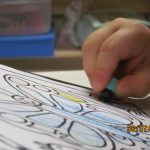
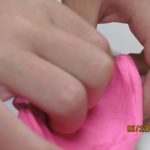
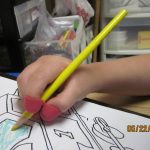
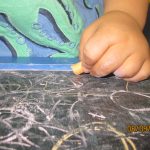



 Fine Motor refers to the development of small muscle movements in the hands. When thinking of fine motor skills, we think of activities such as writing, pointing, stringing beads, holding onto a fork or spoon, shoe tying- to name a few things. Fine motor development does not stand alone, as our hands are part of our body. There are a lot of factors that make up fine motor skill development. These other factors may include (but not be limited to): muscle strength and tone, arm and hand stability and mobility, eye-hand coordination, perceptual skills (involving kinesthetic awareness, visual perceptual skills), and behavioral state.
Fine Motor refers to the development of small muscle movements in the hands. When thinking of fine motor skills, we think of activities such as writing, pointing, stringing beads, holding onto a fork or spoon, shoe tying- to name a few things. Fine motor development does not stand alone, as our hands are part of our body. There are a lot of factors that make up fine motor skill development. These other factors may include (but not be limited to): muscle strength and tone, arm and hand stability and mobility, eye-hand coordination, perceptual skills (involving kinesthetic awareness, visual perceptual skills), and behavioral state.


 If your child exhibits any of these behaviors:
If your child exhibits any of these behaviors: